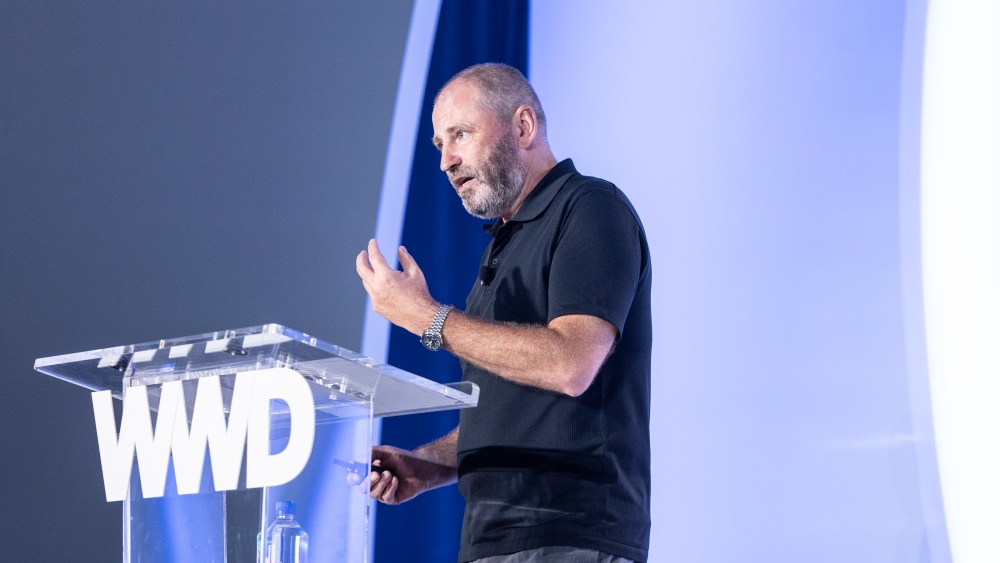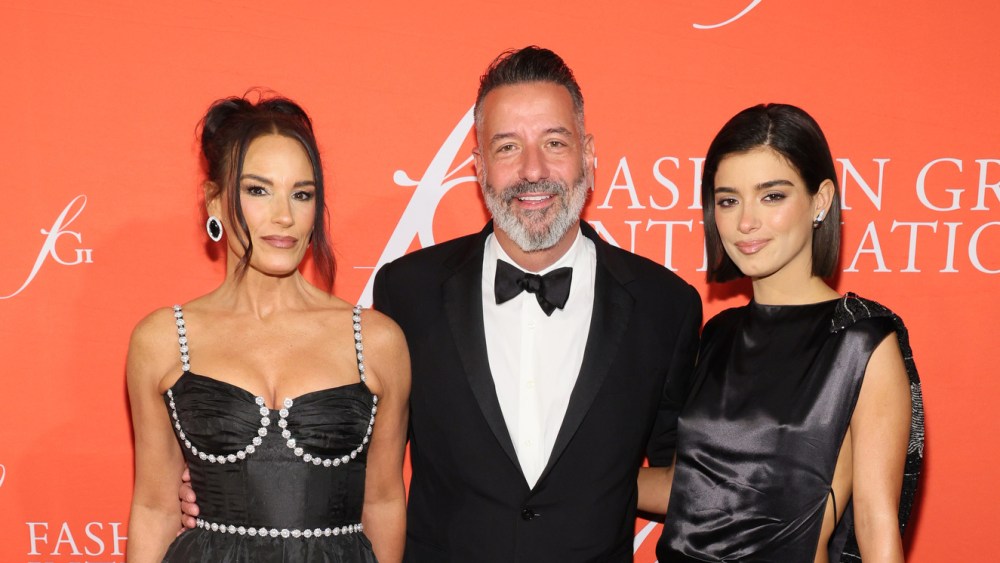“New consumer science — or neuromarketing — has not been fully embraced yet,” said Olivier Tjon, a neuromarketing pioneer and cofounder of Beyond Reason consultancy. “I would like you to think of this as a major business opportunity.
“This is a major chance to achieve scientific and technological superiority over your competition,” he continued.
Neuroscience allows for more grip and influence on brain processes, and control about what people value, like and buy.
“Just imagine the benefits of that,” said Tjon.
Related Articles
As an example, he turned to the topic of sex, beauty and Gen Z — a key shopping demographic. Historically, sexuality has been the key purchase focus in the beauty category, due to what marketers believe all grownups wish to buy into. Yet many marketers recently came to believe that the paradigm was shifting when it came to Gen Z.
“Gen Z is often saying or declaring that sex does not sell for them,” said Tjon. “So as a brand, how do you react to this?”
Numerous beauty brands started leaning into messaging around inclusivity rather than sex. “We do this because we assume that it’s good for business with Gen Zers,” Tjon continued. “[But] even without neuroscience, something feels a bit weird.”
That’s because Gen Zers are at the peak of their sexual hormone production. Plus, techno and hip-hop music are important to them, he pointed out, showing images from both genres that objectified women as sex objects. “It’s very sexualized,” said Tjon.
He referred to this phenomenon as the “say-do gap,” meaning consumers say one thing but do quite another. “Not only is that misleading, but it is also risky for your business,” Tjon said. “So we need a better way of understanding that.”
This is where neuroscience — analyzing data from brain reactions — comes in. It has shown that for Gen Z, what matters most is to feel sexier, seductive and sexually attractive. In fact, feeling sexier is their number-one wish when buying a beauty product.
“Being free and in control are also important, but less important than sex,” said Tjon. “You are in the business of fulfilling their deep evolutionary needs to be sexually attractive. Inclusivity and gender-fluidity are not even in the top 10. It is not the ‘why they buy’.”
While those factors can’t be ignored either, they must be used in a way that speaks to the underlying drivers of behavior. “You must use it as a backdrop, as a canvas on which you paint a story that’s about sex and being free,” said Tjon, citing as a successful example Fenty’s brand message. “Be whatever you want to be, but count on us to make you feel sexy.”
Tjon believes that studying consumers’ psyche can remove risky assumptions and instead replace them with clear facts — “specifically about those immaterial psychological components of your business. Never before was this possible. Science and tech are advancing faster than ever.”



